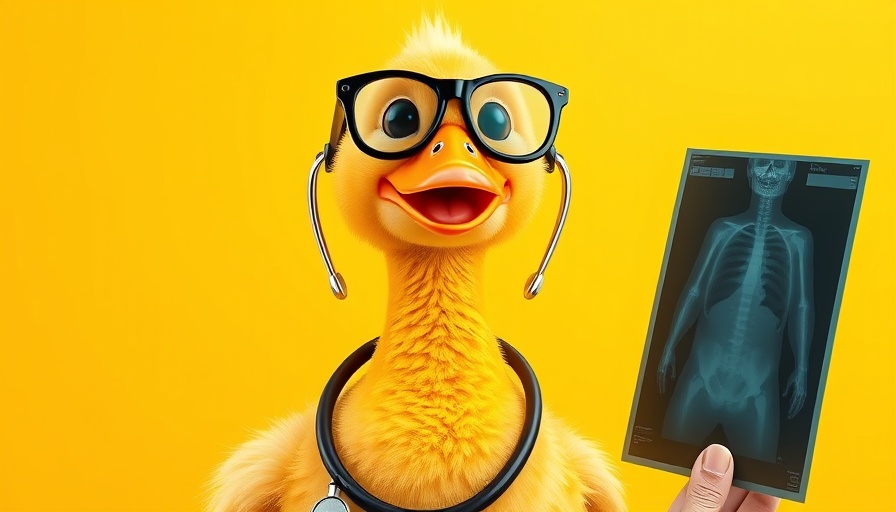
A New Era in AI Image Generation: What’s at Stake?
The recent whirlwind caused by OpenAI's latest image generator, GPT-4o, has pushed the boundaries of artificial intelligence and brought copyright discussions to the forefront. In a matter of days, users flocked to social media with AI-generated images reminiscent of Studio Ghibli's enchanting animation style. From portraits of public figures to whimsical reinterpretations of movie characters, it's clear that the technology allows for an unprecedented level of creativity. But with this ease comes significant questions about the legality and ethics of such creations, particularly as they relate to copyright laws.
The Legal Quandary: Copyright Implications of AI
Evan Brown, an intellectual property lawyer, emphasizes the murky legal waters in which tools like GPT-4o operate. According to Brown, styles themselves may not be protected by copyright, suggesting OpenAI might not be acting illegally when generating derivative images. However, the mechanisms by which these AI models learn—through potential exposure to vast amounts of copyrighted material—open a Pandora's box. Intellectual property rights holders, including major entities like The New York Times, are already embroiled in lawsuits against OpenAI, asserting that their copyrights have been infringed upon without compensation.
A Tipping Point for Generative AI?
As AI technology evolves, so too do concerns regarding its application in creative fields. The case of OpenAI's latest feature serves as a pivotal moment, one that mirrors the broader discourse on digital rights and artistry. Should AI respect the integrity of original creators, or does the rise of generative AI signal a new era of artistic expression? Users are increasingly testing these limits, but the question remains: how will courts navigate these challenges in the realm of intellectual property?
The Human Element: Perspectives from Artists
While AI continues to revolutionize creative industries, living artists like Hayao Miyazaki of Studio Ghibli face a unique challenge. The ability of AI to replicate styles poses existential concerns for traditional creators. Artists fear that their unique contributions to their respective fields may be muddled by machine-generated approximations. Sustainably integrating AI into environments where human artistry thrives remains an urgent area of exploration.
Moving Forward: Navigating the Future of AI and Copyright
The intersection of technology and copyright is fraught with complexities and uncertainties. As the conversation evolves, healthcare professionals, particularly those managing healthcare IT, should stay attuned to how innovations like AI might similarly disrupt their industry. The implications of copyright considerations in AI image generation could parallel future medical technology developments. As we push forward, meaningful dialogue among technologists, artists, and legal experts will be crucial in shaping a landscape that balances innovation and rights.
Understanding these dynamics can empower healthcare IT professionals to anticipate how emerging technologies can best serve their sectors while respecting the rights of creators. As AI continues to weave itself into various industries—including healthcare—the responsibility to foster ethical innovation should remain paramount.
 Add Row
Add Row  Add
Add 




Write A Comment